
Plenary Speakers
Prof. Marc-Olivier Coppens
University College London, UK
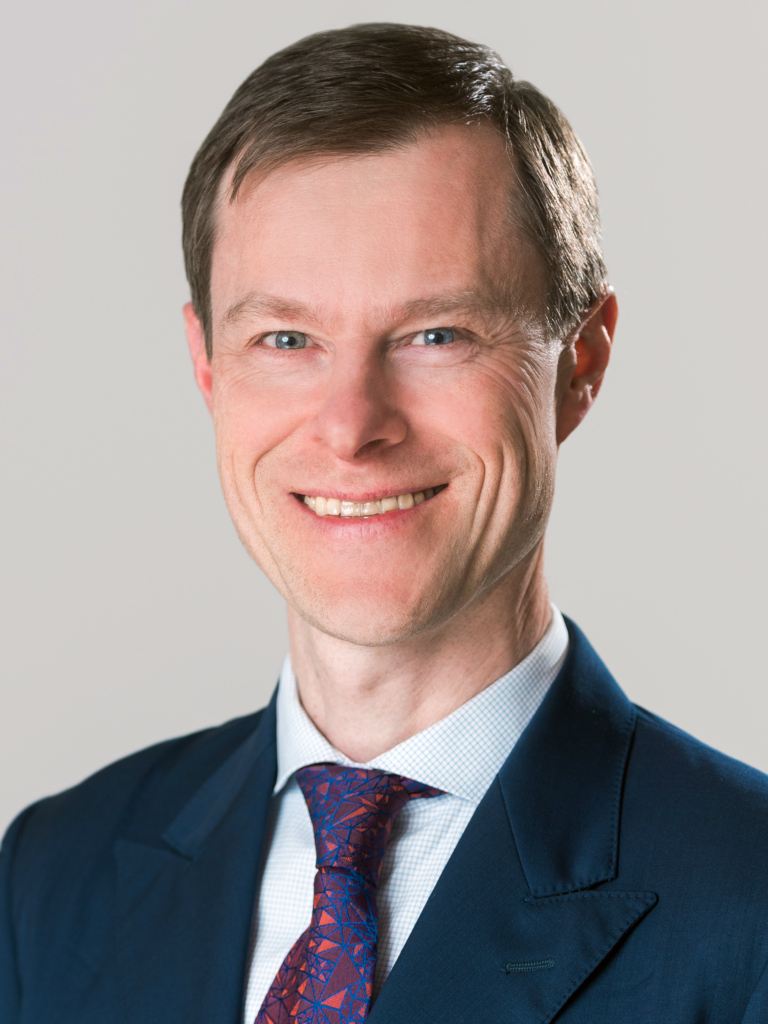
Lecture titled “Taking clues from nature to advance catalysis and reactor engineering for sustainable development”
Marc-Olivier Coppens is Ramsay Memorial Professor in Chemical Engineering at UCL, since 2012, after professorships at Rensselaer and TU Delft. He is also Vice-Dean for Engineering (Interdisciplinarity, Innovation). He directs the Centre for Nature-Inspired Engineering, founded through an EPSRC “Frontier Engineering” Award.
Click to read the full bio
He is most recognised for pioneering nature-inspired chemical engineering (NICE) over the past 25 years and developing a systematic nature-inspired solution methodology to accelerate innovation for sustainable development. He is Fellow of IChemE, AIChE, RSC, Corresponding Member of the Saxon Academy of Sciences (Germany), Qiushi Professor at Zhejiang University (China), Scientific Council Member for IFP Energies nouvelles (France), and serves on editorial boards, including Editor-in-Chief of Chemical Engineering & Processing: Process Intensification.
Prof. Sabine L. Flitsch
The University of Manchester, UK
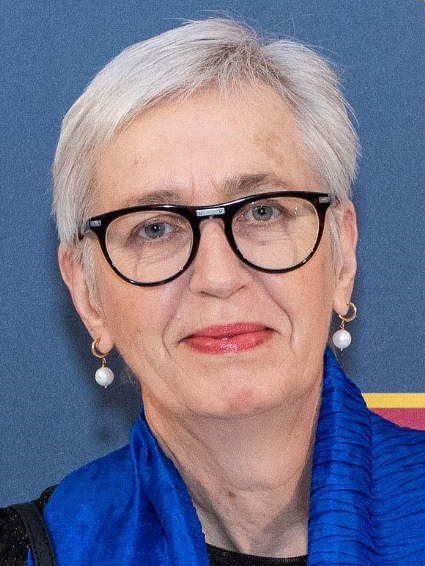
Lecture titled “Design and implementation of de novo biocatalytic cascades”
Sabine Flitsch obtained a Diploma in Chemistry from the University of Muenster, Germany and a DPhil degree from Oxford University under the supervision of Sir J.E. Baldwin. She spent three years of postdoctoral studies with Professor H.G. Khorana at MIT before returning to the UK to pursue her academic career at the Universities of Exeter, Oxford, Edinburgh and now Manchester, where she has held a Chair in Chemical Biology since 2004.
Prof. Joanna Kargul
University of Warsaw, Poland
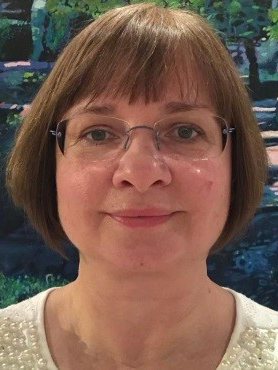
Lecture titled “Overcoming the bottlenecks in electron transfer in biomolecular solar conversion nanodevices through electrochemical and theoretical approaches”
Joanna Kargul is Associate Professor in biological sciences at the University of Warsaw and head of the Solar Fuels Laboratory at the Centre of New Technologies.
Click to read the full bio
The multi- and interdisciplinary work of her group focuses on the rational design and construction of biomolecular artificial photosynthesis systems, based on photosynthetic metalloenzymes, for renewable chemical production. In parallel, she and her group investigate the molecular basis of adaptation of extremophilic microalgae to harsh environmental conditions (high concentrations of heavy metals, fluctuating light quality and quantity and extremely acidic pH). She has participated in several national and international projects on solar conversion into fuels and chemicals, both as a coordinator or work package leader. She is a member of the SUNERGY Executive Board and was a founding partner of SUNRISE, the two pan-European initiatives on solar fuels and chemicals.
Prof. Karsten Reuter
Fritz-Haber-Institute, Germany
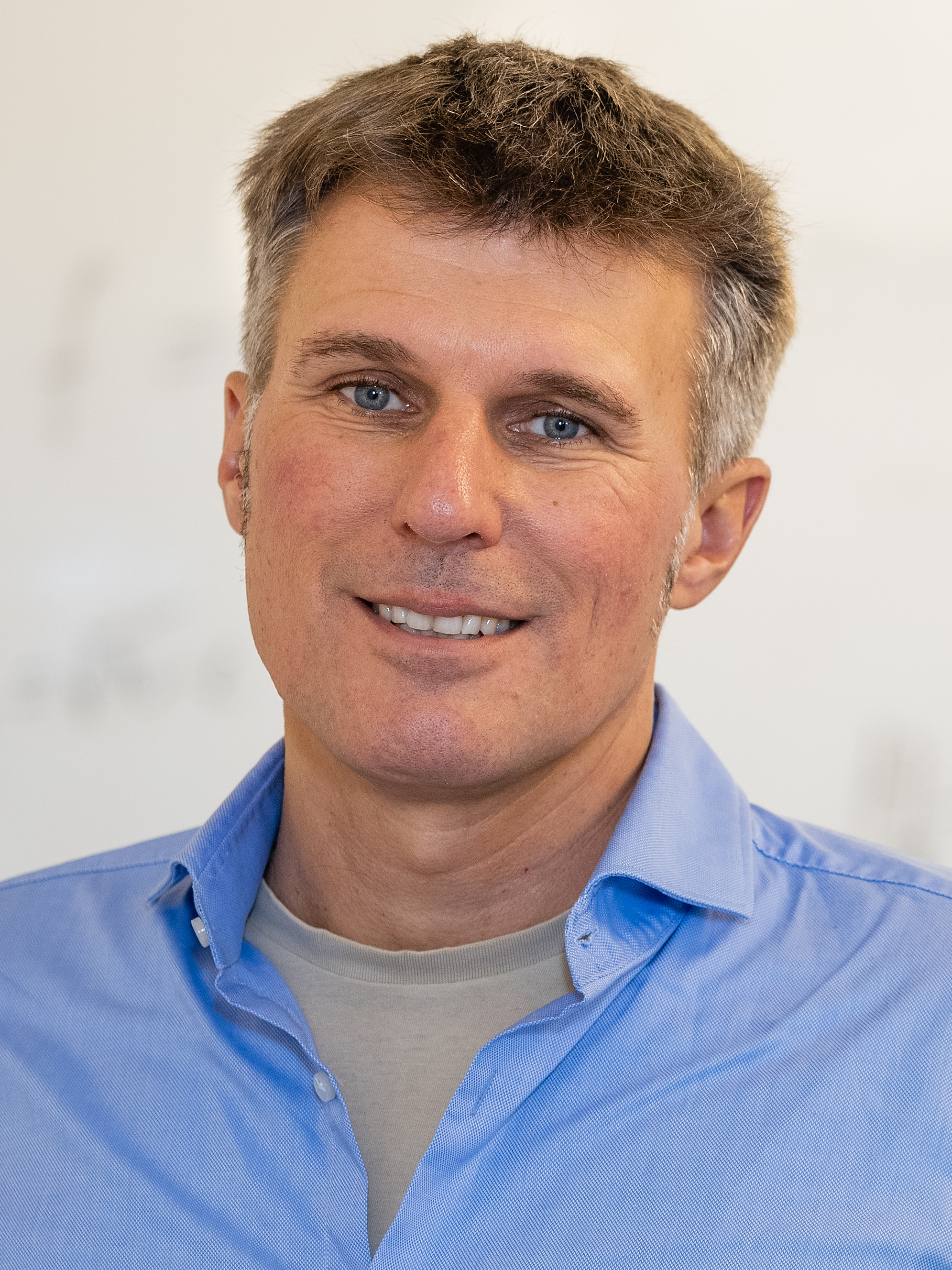
Lecture titled “Exploring catalytic reaction networks with machine learning”
Karsten Reuter is a professor and the director of the Theory Department in the Fritz Haber Institute of the Max Planck Society in Berlin.
Click to read the full bio
His research activities focus on a quantitative modeling of materials properties and functions. He specifically works on multiscale models that combine predictive-quality first-principles techniques with coarse-grained methodologies and machine learning to achieve microscopic insight into the processes in working catalysts and energy conversion devices.
Karsten did his doctoral studies on theoretical surface physics in Erlangen, Madrid and Milwaukee. Following research experiences at the Fritz Haber Institute of the Max Planck Society (MPG) in Berlin and the FOM Institute in Amsterdam, he headed an independent MPG junior research group. From 2009 he was Chair for Theoretical Chemistry at the Technical University of Munich (TUM), and re-joined Fritz Haber Institute in 2020. He recently held visiting professorships at Stanford (2014), MIT (2018), and Imperial College London (2019), is a distinguished affiliated professor at TUM and honorary professor at the Free University and Humboldt University in Berlin.
Prof. Martin van Sint Annaland
Eindhoven University of Technology,
the Netherlands
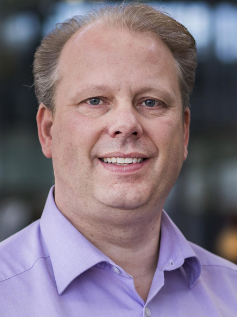
Lecture titled “Enhancing Flexibility in Chemical Reactor Design with 3D Printed Catalyst Structures”
Martin van Sint Annaland is Full Professor in the Department of Chemical Engineering and Chemistry at the Eindhoven University of Technology in the Netherlands.
Click to read the full bio
After obtaining the PhD degree in Chemical Engineering at the University of Twente (2000), Dr. Van Sint Annaland joined the research group Fundamentals of Chemical Reaction Engineering (FCRE) at that university, first as an Assistant Professor with a tenured position position and next as an Associate Professor. In 2010 he was appointed Full Professor with permanent position in the Department of Chemical Engineering and Chemistry at the Eindhoven University of Technology where he chairs the research group on Chemical Process Intensification. In 2020 he was also appointed the Scientific Director of the post-master designers course ‘Process and Product Design’ at the Eindhoven University of Technology.